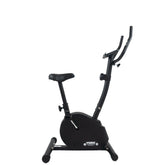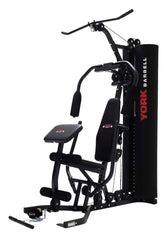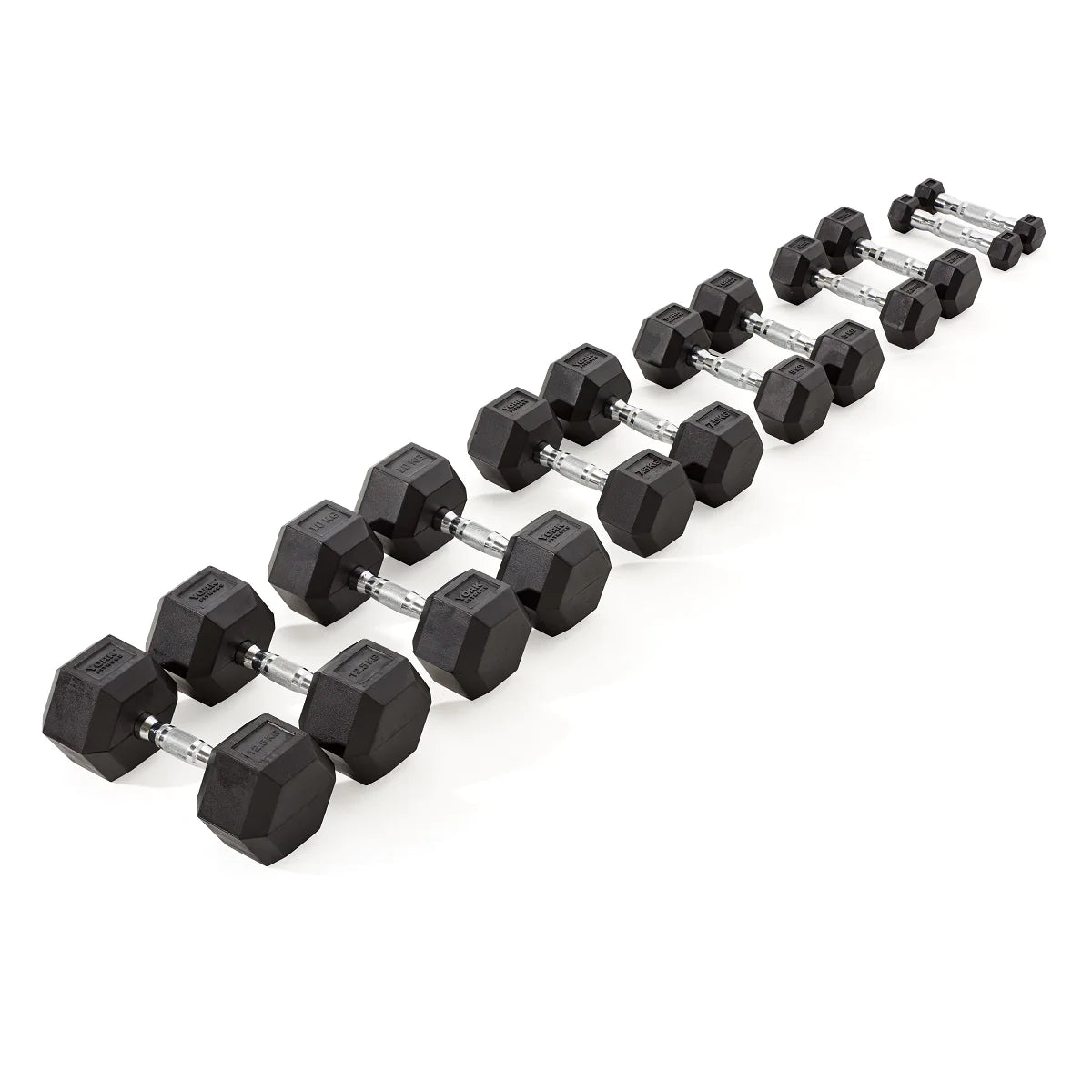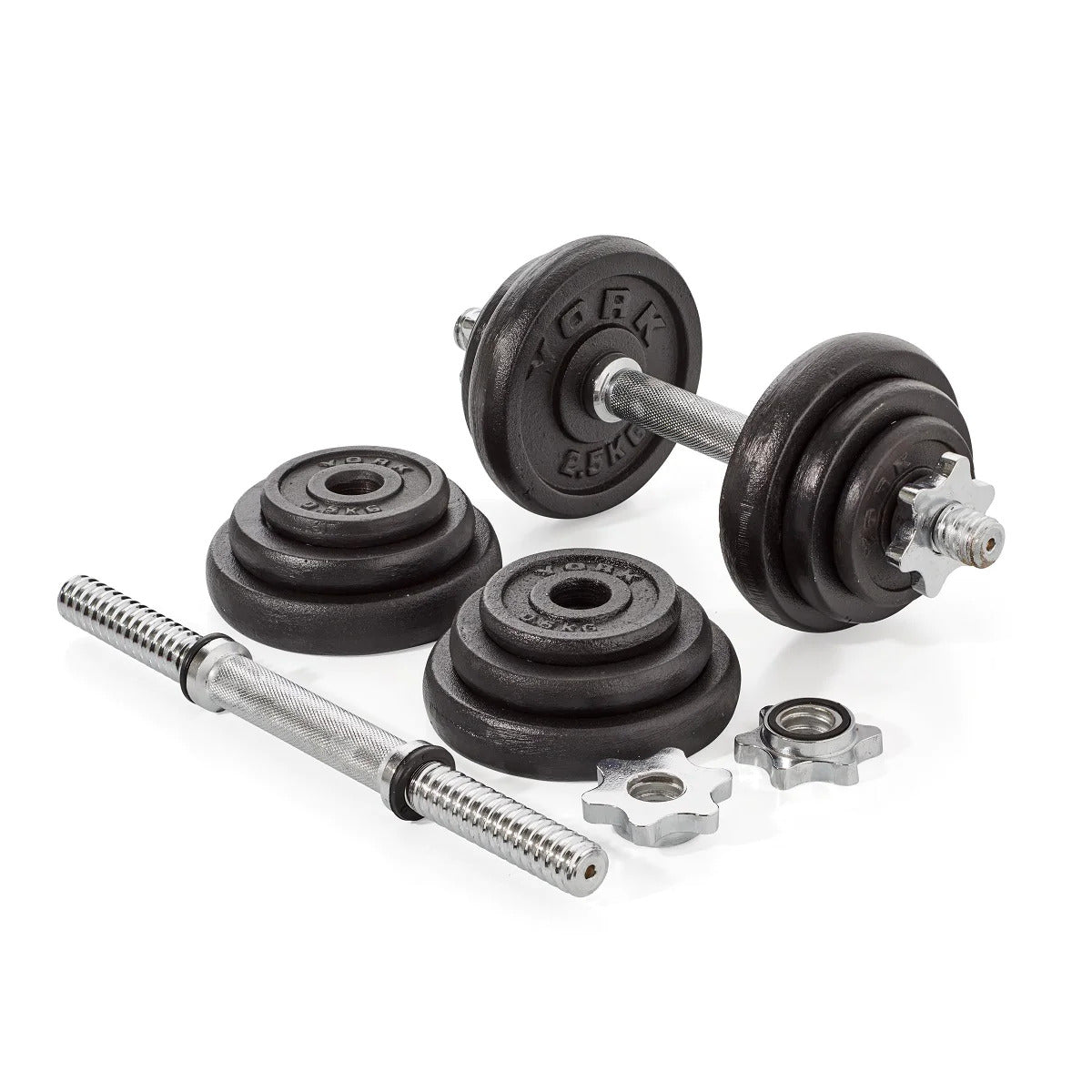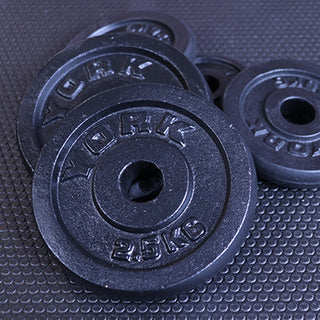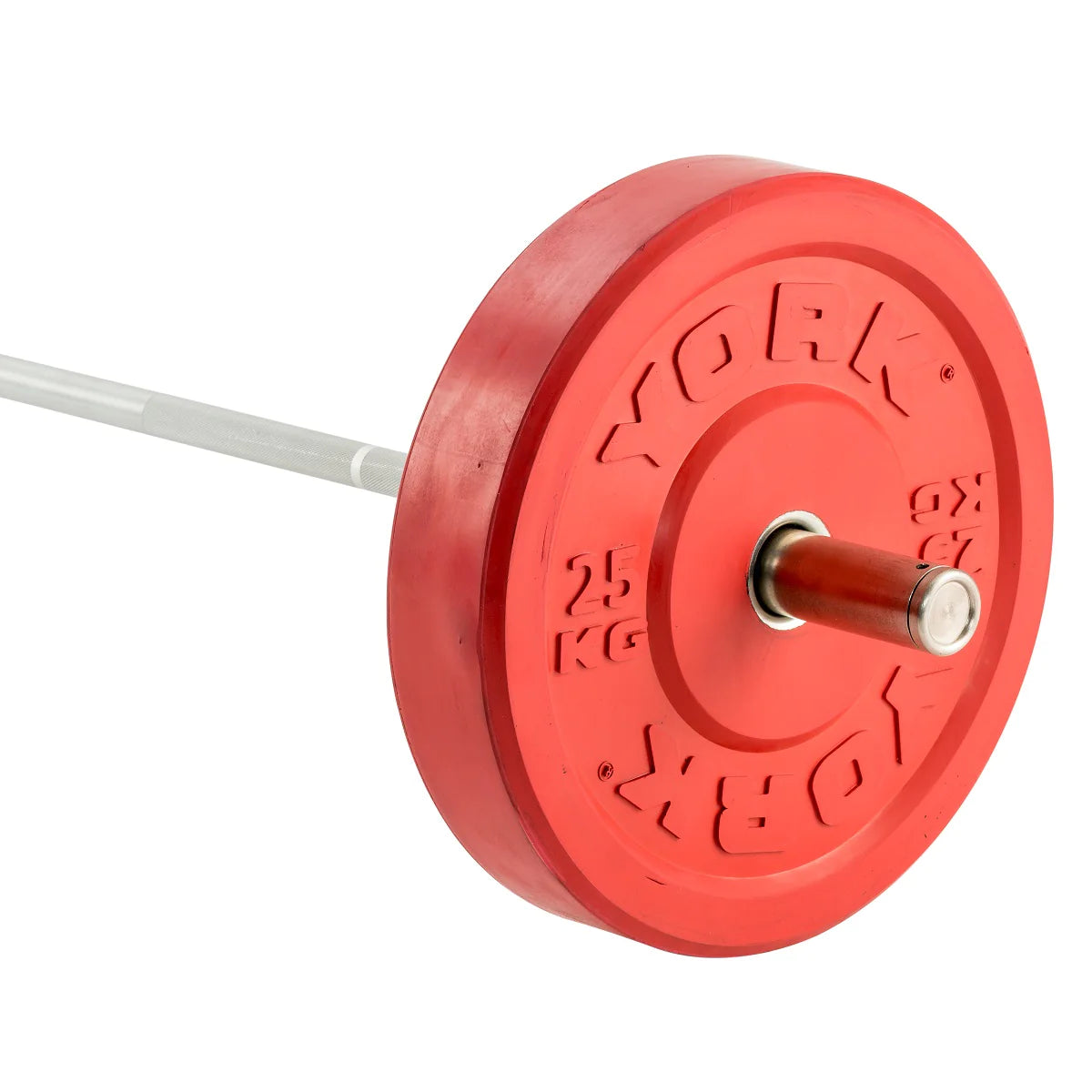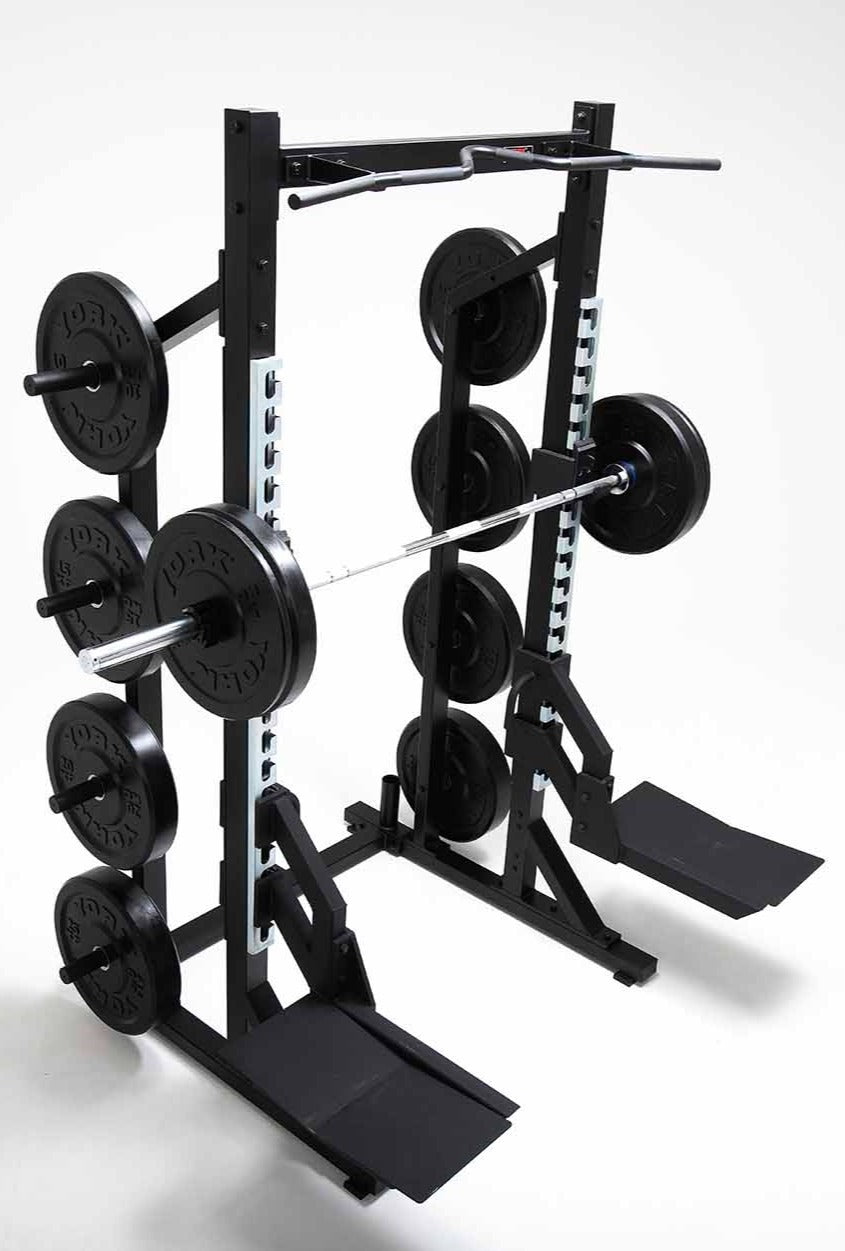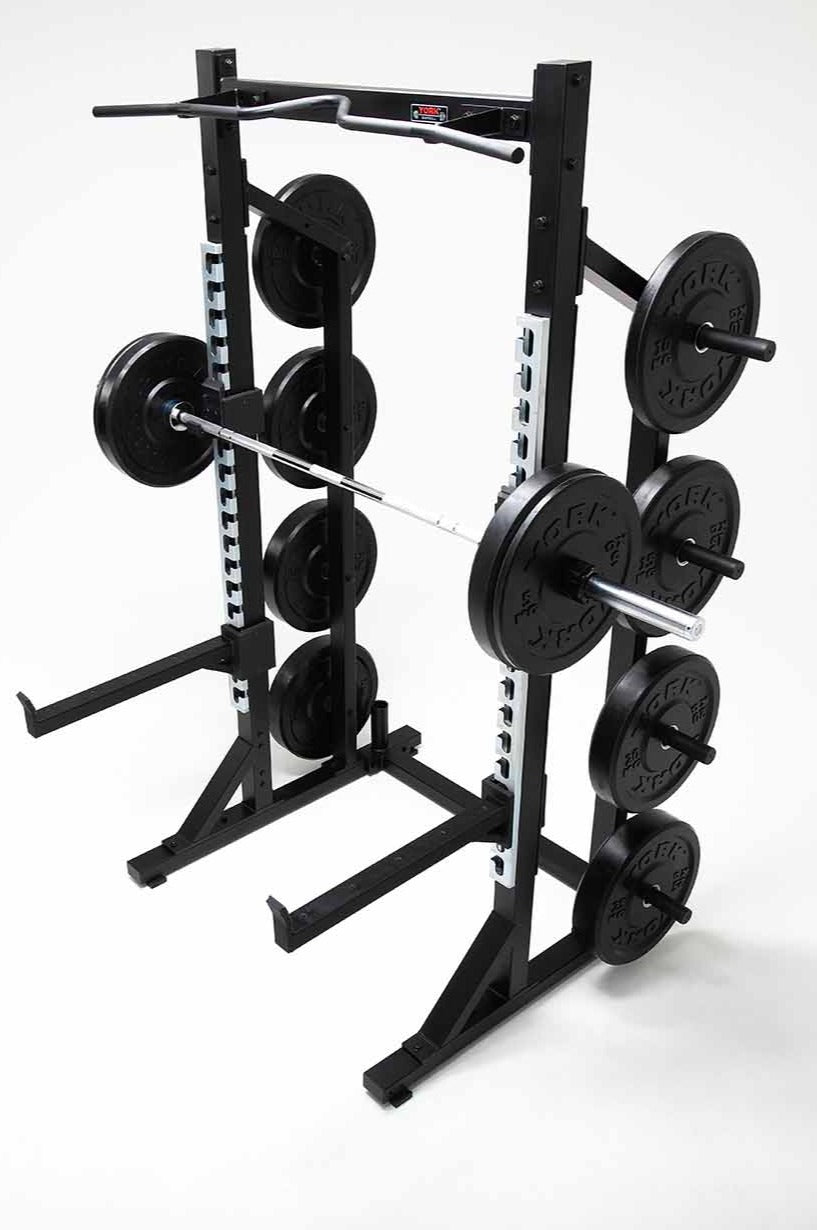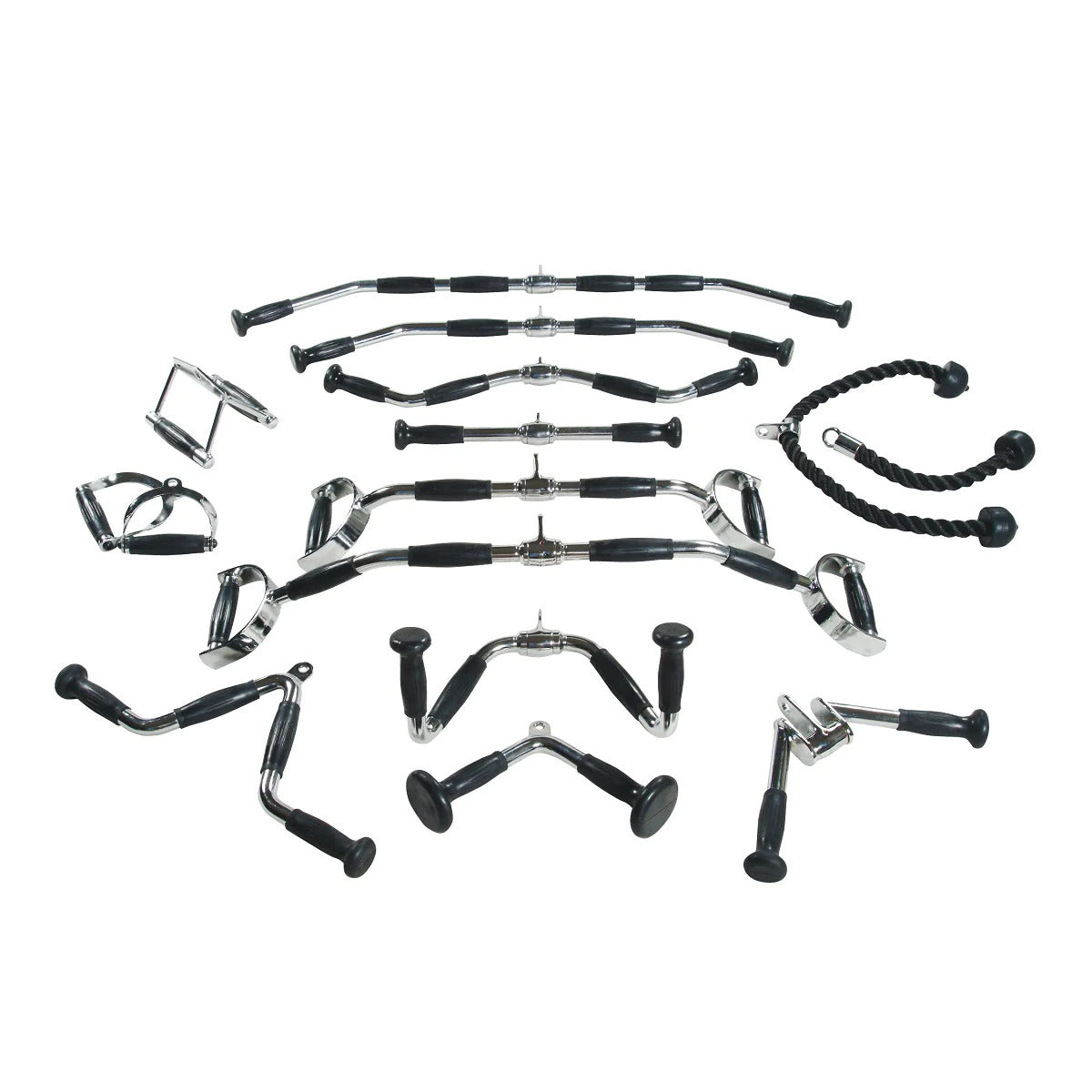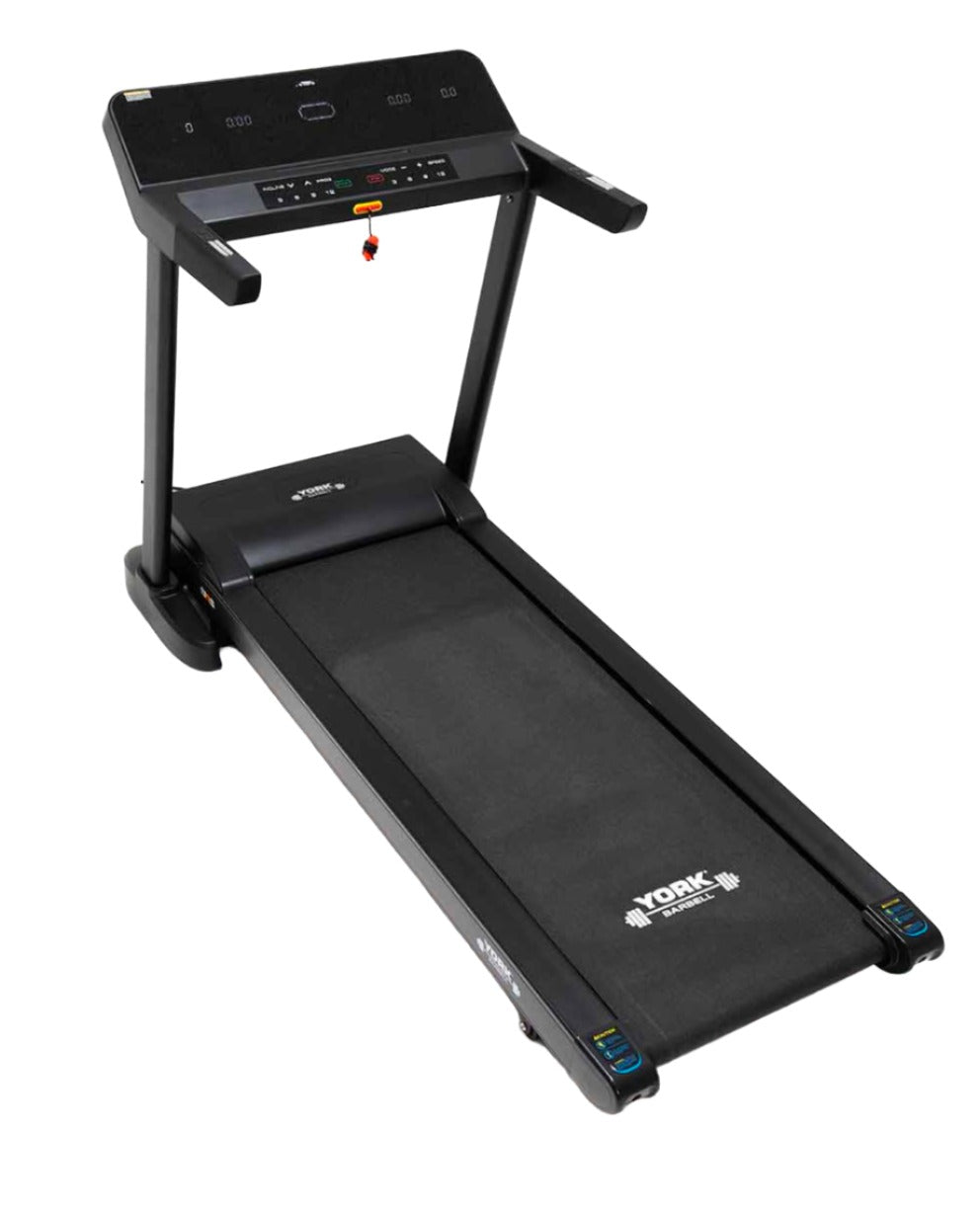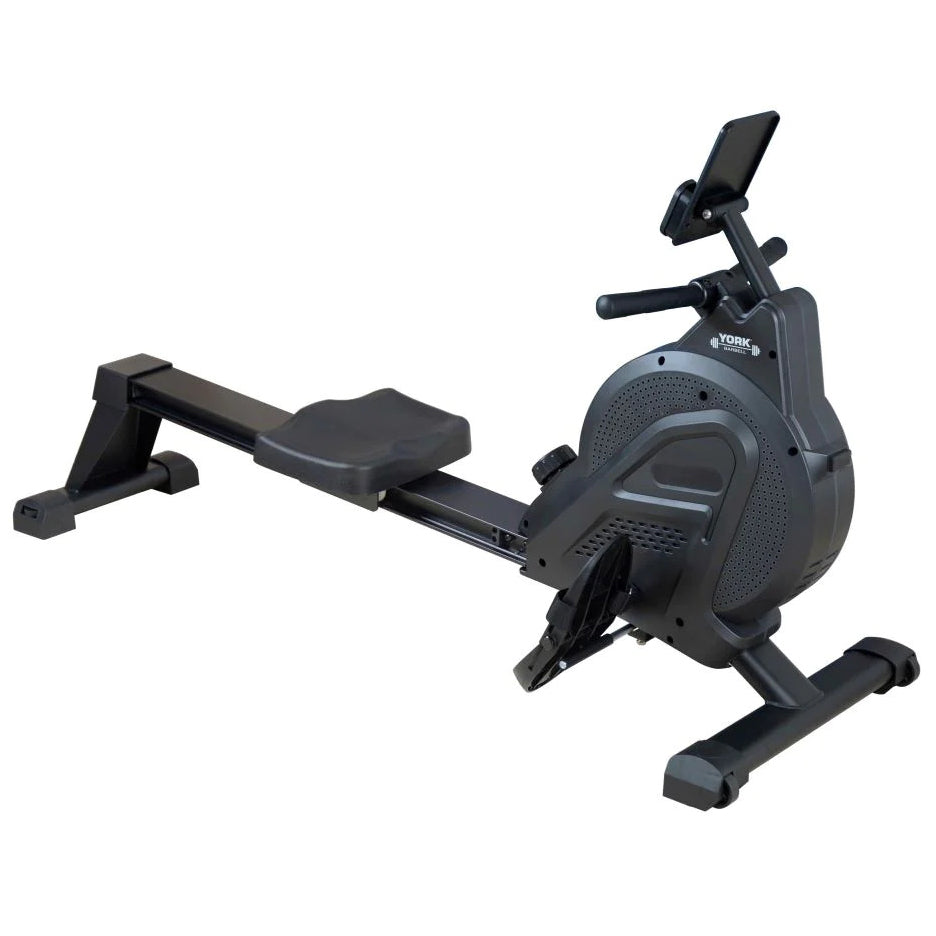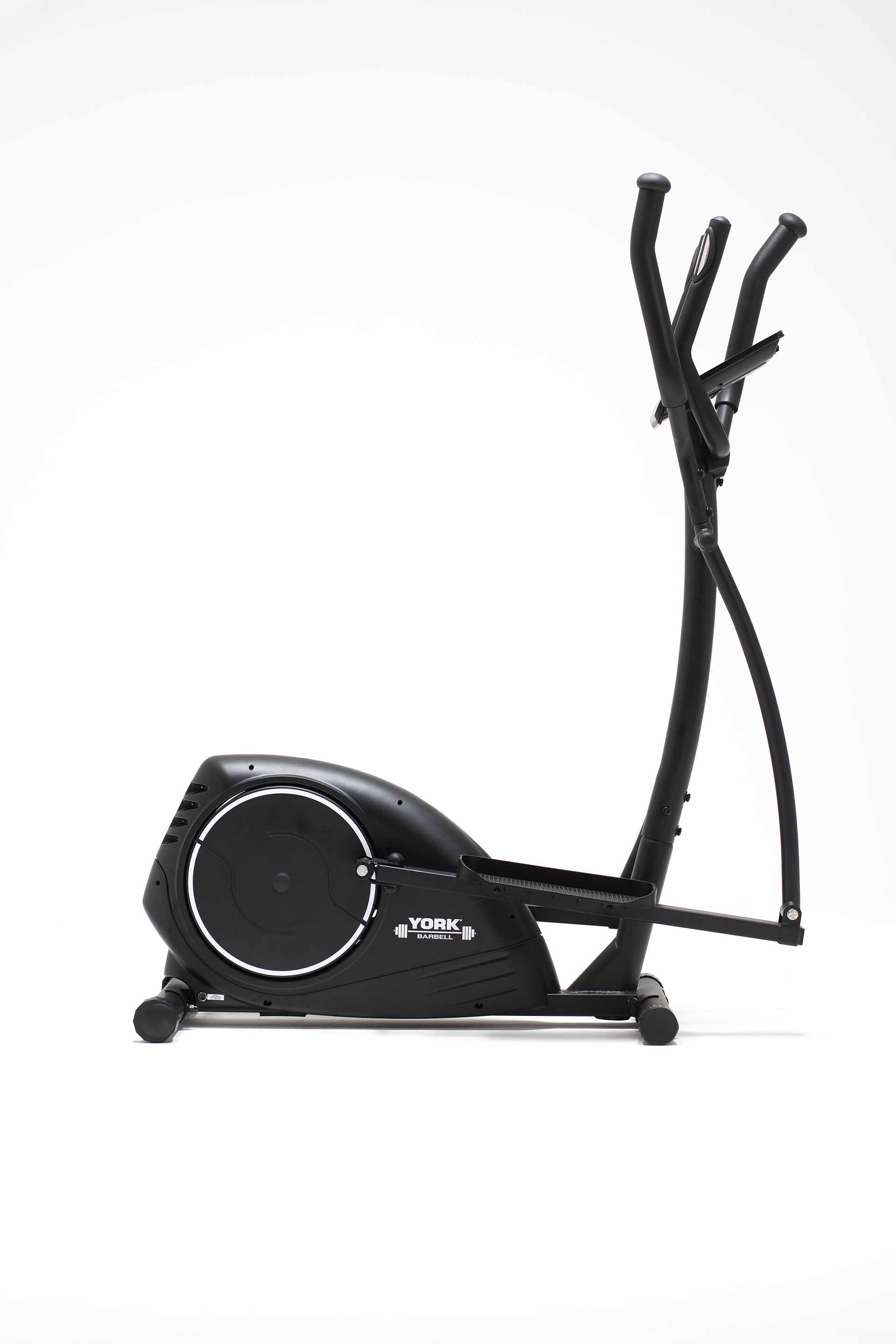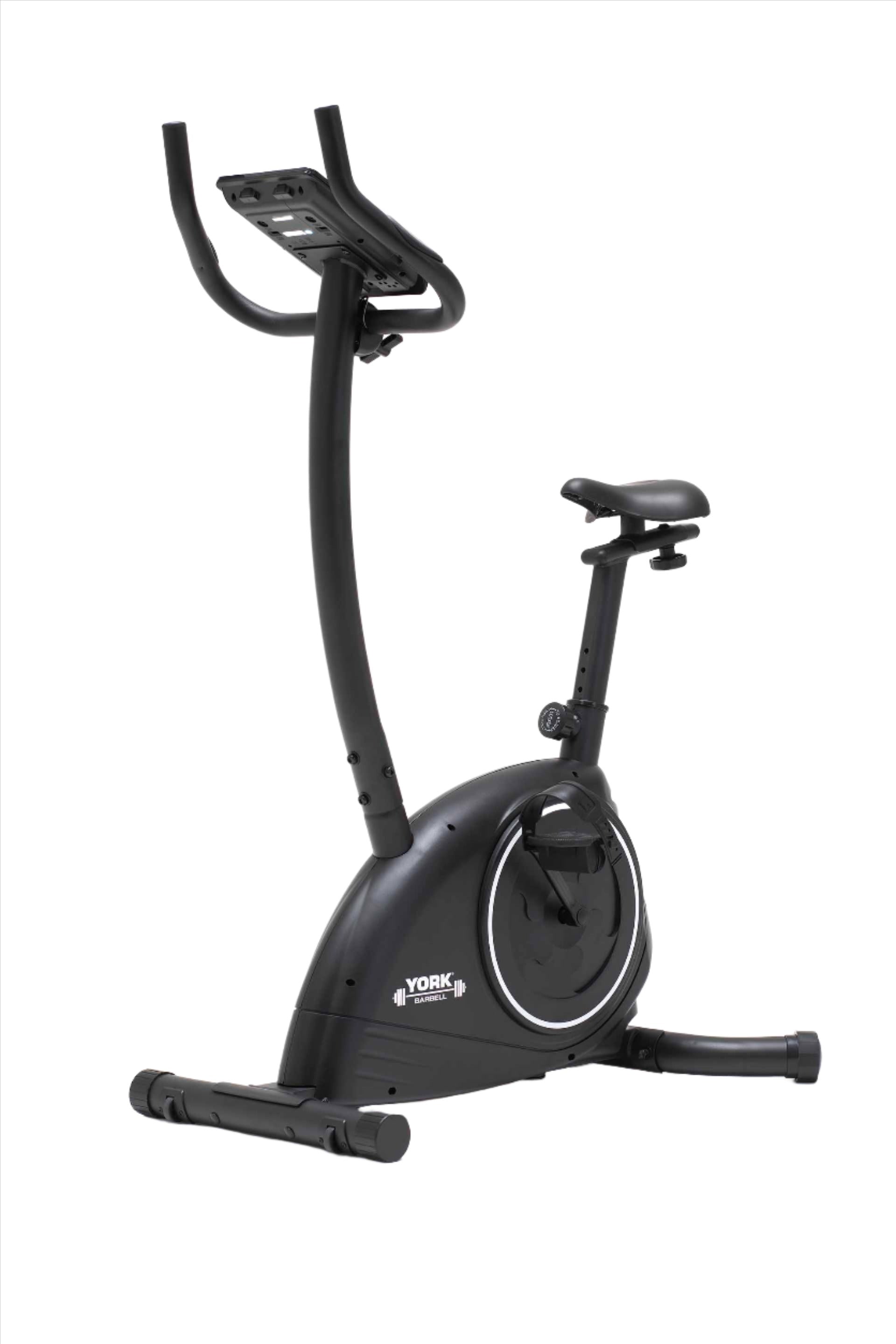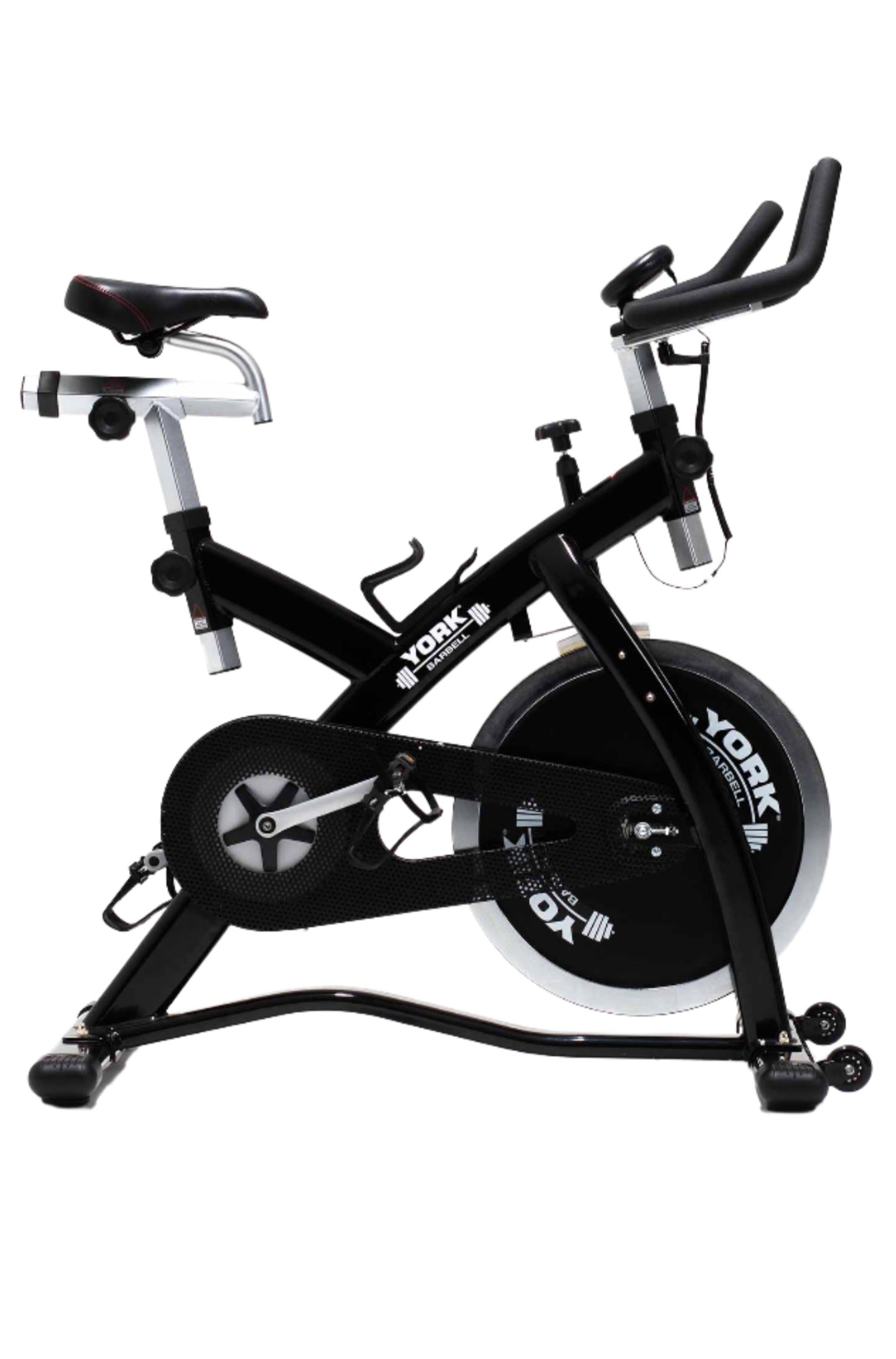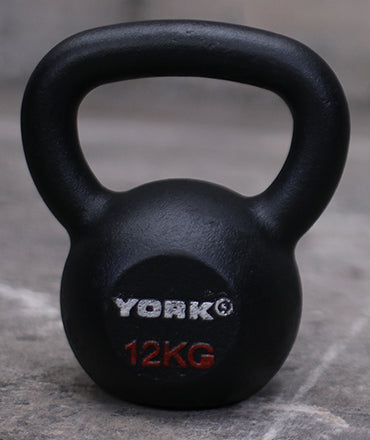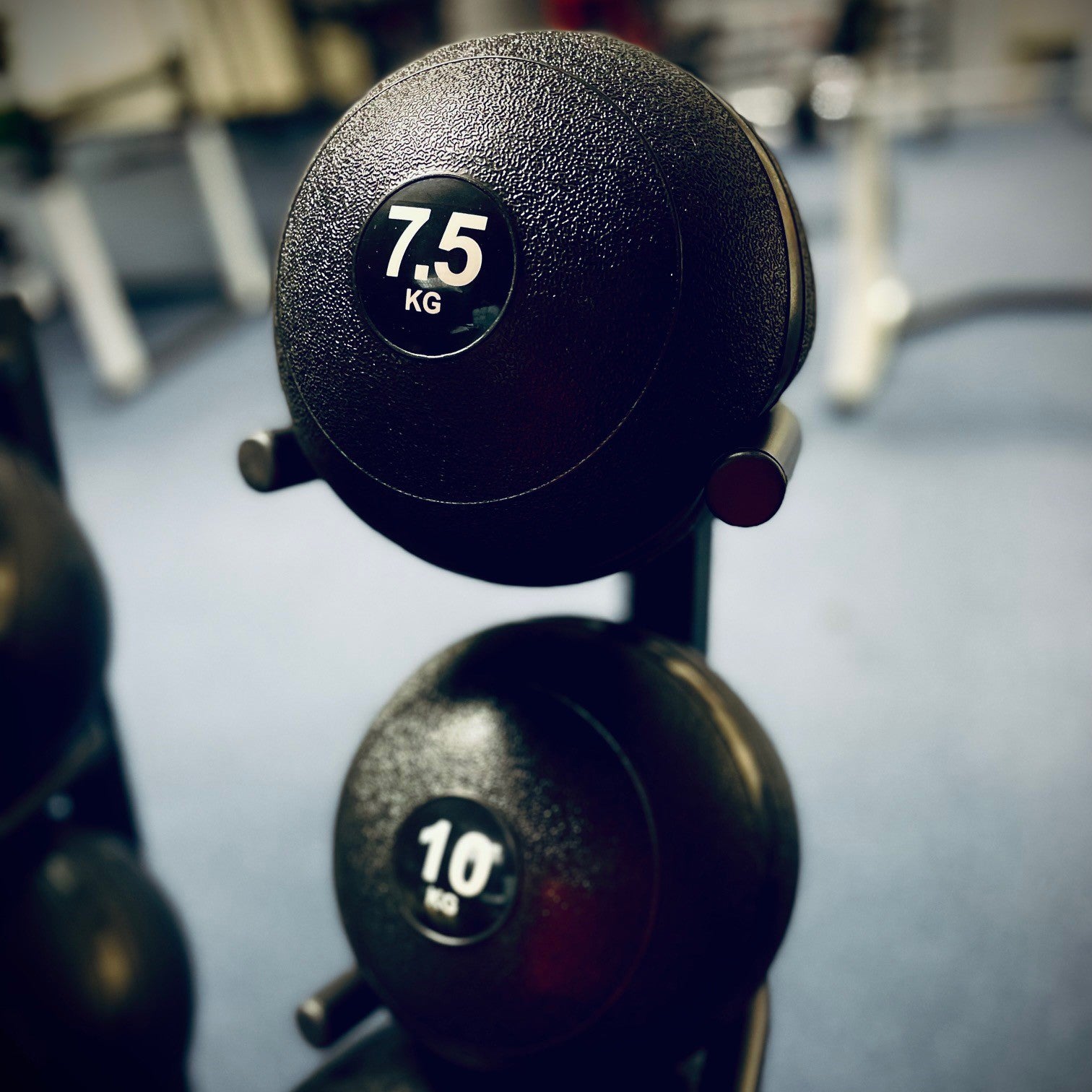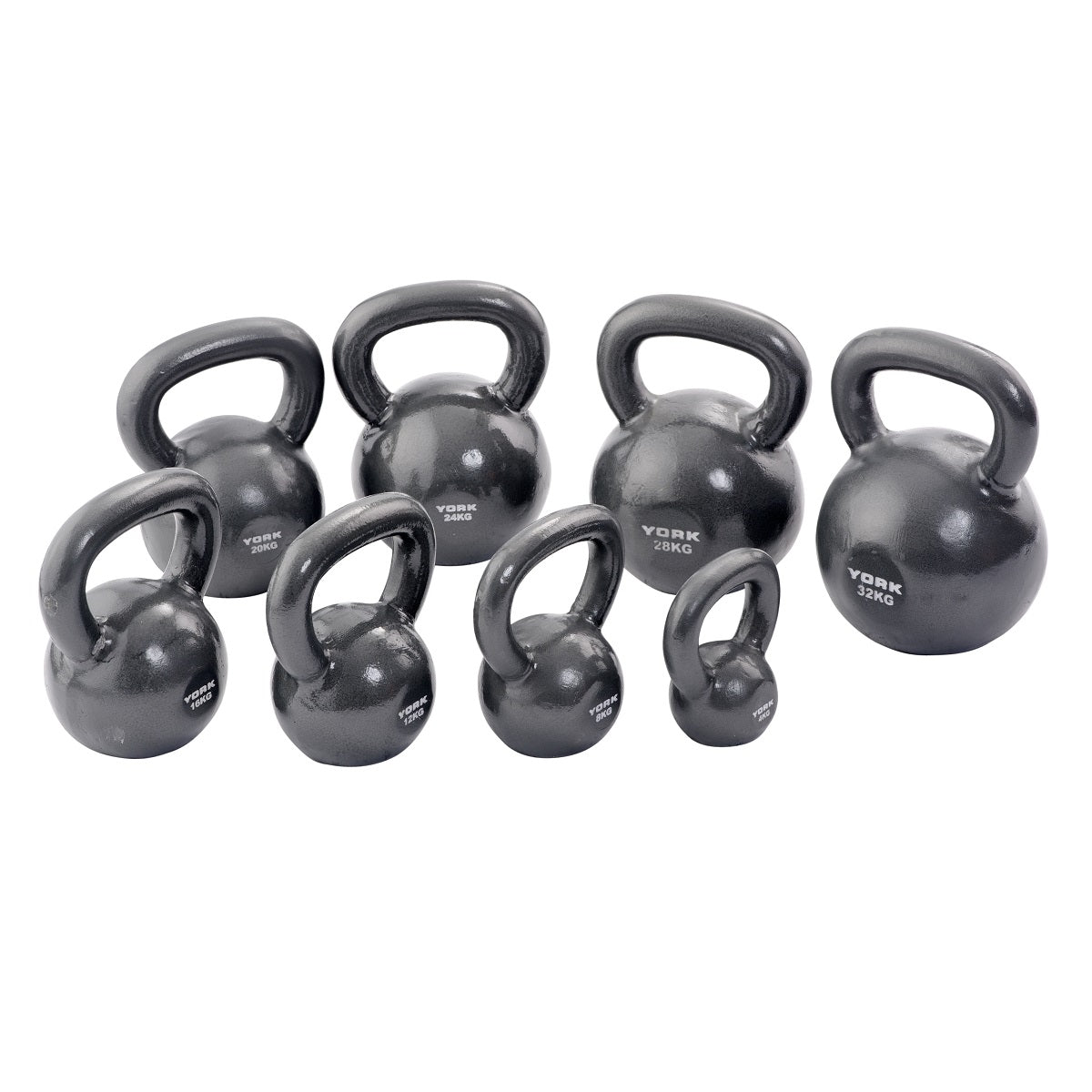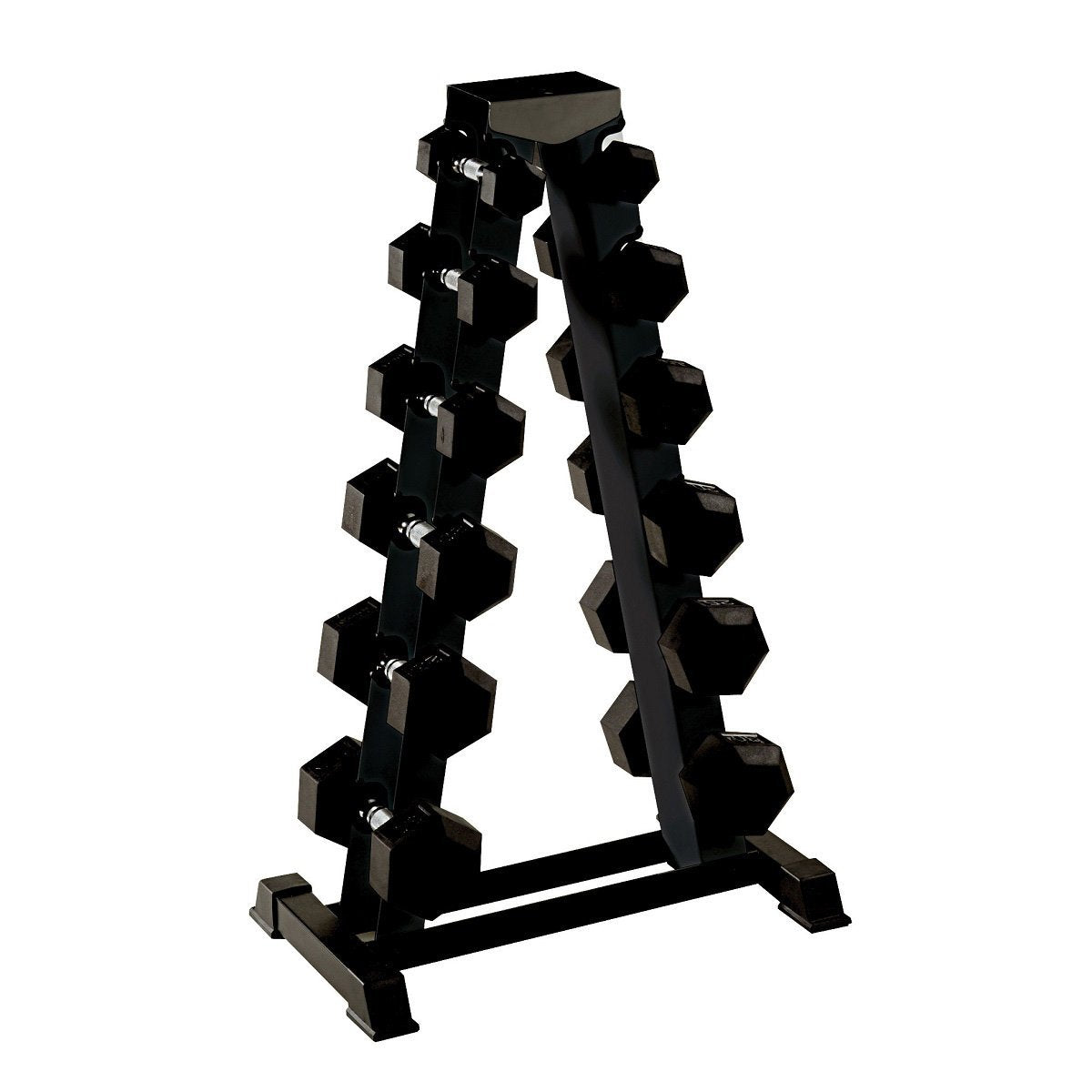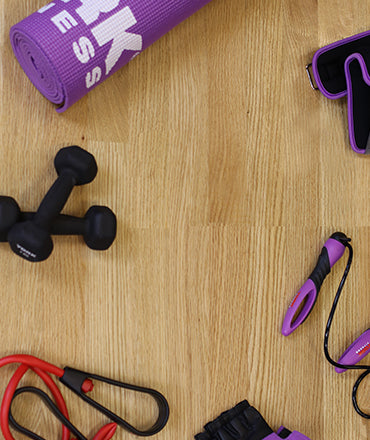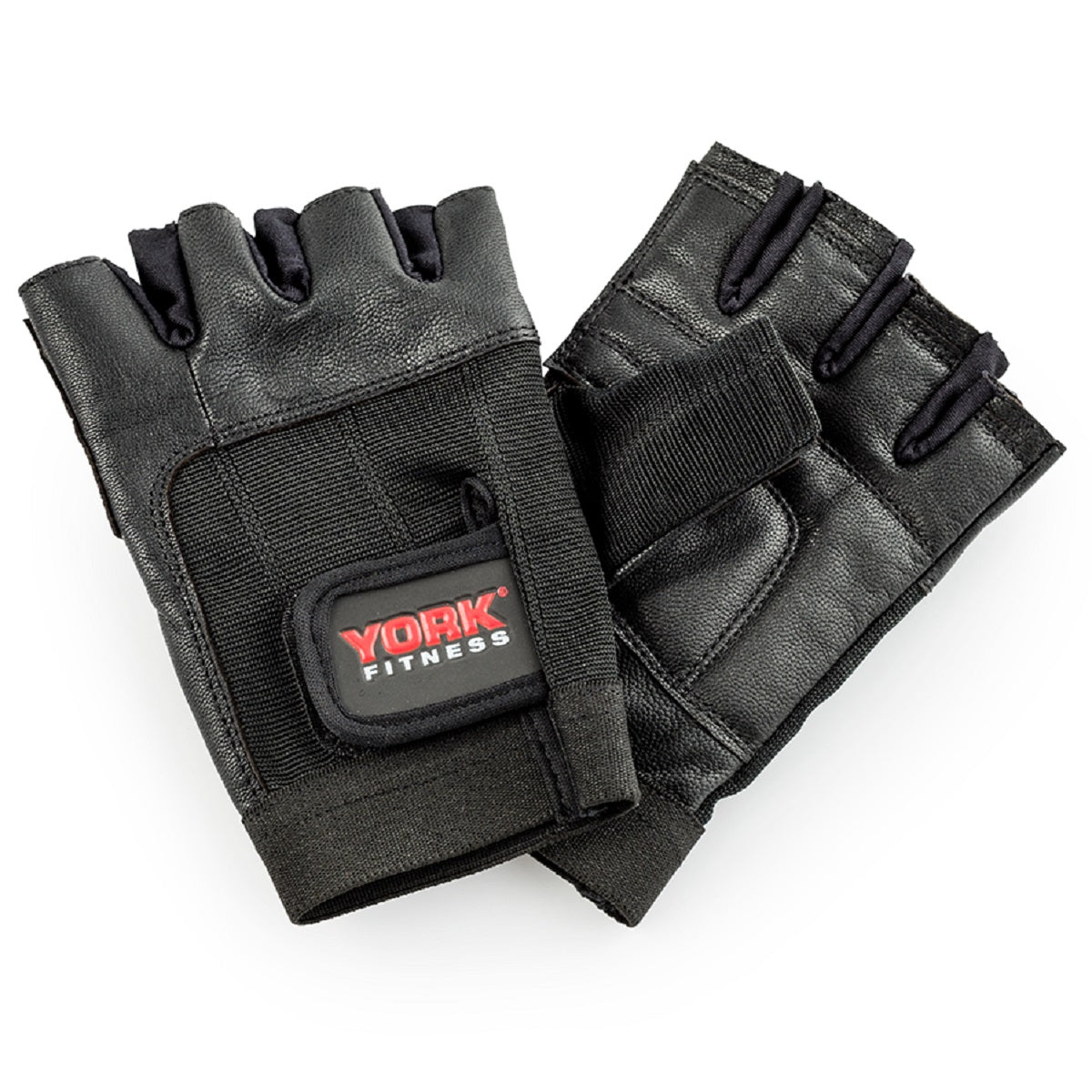Finding Motivation to Exercise When the Days Are Getting Darker
Why Winter Drains Your Motivation
Before diving into solutions, it’s helpful to understand why motivation tends to dip during the darker months:
- Seasonal Affective Disorder (SAD): The reduced exposure to sunlight can disrupt your circadian rhythm and decrease serotonin levels, leading to feelings of depression or lethargy.
- Disrupted Routine: Winter often brings holidays, travel, and changes in schedules, which can interfere with your established fitness habits.
- Comfort Culture: The cosy appeal of staying indoors under a blanket or simply watching TV can overpower the desire to be active.
- Energy Fluctuations: Short days and limited daylight can leave you feeling like there’s less time to be productive, making exercise seem like a lower priority.
The good news? There are practical ways to overcome these challenges.
1. Set Clear, Achievable Goals
Winter is a great time to re-evaluate your fitness goals. Instead of focusing solely on long-term aspirations, break them down into smaller, achievable milestones. For example:
- Short-term goals: Commit to exercising three times a week or walking 10,000 steps daily.
- Seasonal goals: Work on improving a specific skill, like increasing your squat weight, mastering a yoga pose, or completing a running challenge.
Having clear goals gives you a purpose for each workout, making it easier to stay consistent.
2. Create a Winter-Specific Routine
Adapt your workout schedule to fit the season. Morning workouts are often harder when it’s cold and dark outside, so consider exercising during lunch breaks or in the early evening. Here are some practical tips:
- Embrace indoor workouts: If outdoor running or cycling feels unappealing, switch to gym workouts, home fitness routines, or group classes.
- Prepare your gear: Lay out your workout clothes the night before or invest in winter-friendly exercise clothing.
- Schedule it like a meeting: Treat your workouts as non-negotiable appointments. Block off time on your calendar to create accountability.
3. Use Psychological Hacks
Sometimes, a mental trick can be just what you need to push through the inertia.
Gamify Your Workouts
Turn your fitness routine into a game by setting up rewards for meeting milestones. For example:
- Earn a treat (like new workout gear or a fancy coffee) after completing a certain number of sessions.
- Use apps like Strava or MyFitnessPal to track progress and compete with friends.
Rely on the “Two-Minute Rule”
If you’re struggling to start, commit to just two minutes of exercise. Often, once you begin, you’ll feel motivated to continue.
Visualize the Outcome
Spend a few moments visualizing how you’ll feel post-workout—energized, accomplished, and in a better mood. This mental exercise can create a positive association with training.
Find a Workout Buddy
Accountability can be a game-changer. Partnering with a friend or joining a group class keeps you committed and makes workouts more enjoyable.
4. Leverage Light Therapy
One of the biggest challenges of winter is the lack of sunlight, which can sap your energy and motivation. Light therapy can help combat this:
- Invest in a light therapy box: Using it for 20–30 minutes in the morning can mimic natural sunlight and improve your mood.
- Exercise outdoors when possible: Even 10–15 minutes of natural sunlight exposure can boost serotonin levels.
5. Boost Motivation Through Music and Media
Create an energizing playlist filled with songs that inspire you to move. Research shows that listening to high-energy music can enhance performance and make workouts feel easier. Alternatively:
- Watch fitness videos or inspiring content to get in the right mindset.
- Follow fitness influencers or trainers on social media for tips and motivation.
6. Adjust Your Diet to Combat Winter Blues
Nutrition plays a significant role in how you feel and how motivated you are to exercise. During the winter, it’s important to fuel your body with the right foods to support both energy levels and mental health.
Foods to Include:
- Complex Carbohydrates: Foods like oats, sweet potatoes, and whole grains can help stabilize blood sugar and boost serotonin.
- Healthy Fats: Omega-3 fatty acids found in salmon, walnuts, and flaxseeds are known to improve brain function and mood.
- Vitamin D-Rich Foods: Since sunlight exposure is limited, focus on foods like fortified milk, eggs, and fatty fish to maintain optimal levels.
Consider Dietary Supplements
- Vitamin D: Low levels of vitamin D are linked to depression and fatigue. A daily supplement can make a significant difference in winter.
- Omega-3s: Supplements can further enhance mood and brain health.
- B Vitamins: These are crucial for energy production and can be found in whole grains, leafy greens, and supplements if needed.
7. Find Joy in Movement
Winter doesn’t have to mean sticking to the same old routine. Use this time to explore new activities that excite you. For example:
- Try a new group class like spinning, kickboxing, or dance.
- Experiment with winter sports like skiing, snowboarding, or ice skating.
- Focus on indoor activities like rock climbing, yoga, or Pilates.
When you enjoy the activity, it won’t feel like a chore.
8. Celebrate Small Wins
Winter workouts can be tough, so it’s important to acknowledge and celebrate your efforts, no matter how small. Keeping a journal of your workouts and noting your progress can be incredibly satisfying. For example:
- Write down how you felt before and after each session.
- Track improvements in strength, endurance, or flexibility.
9. Embrace Rest and Recovery
Finally, listen to your body. Winter often brings a heightened need for rest. Ensure you’re getting adequate sleep and incorporating rest days into your routine. Overexertion can lead to burnout, which only makes it harder to stay consistent.
10. Stay Connected to Your “Why”
When motivation wanes, remind yourself why you started. Maybe it’s to feel stronger, manage stress, or set an example for your family. Whatever your reasons, keeping them front and centre can help you power through the toughest days.
